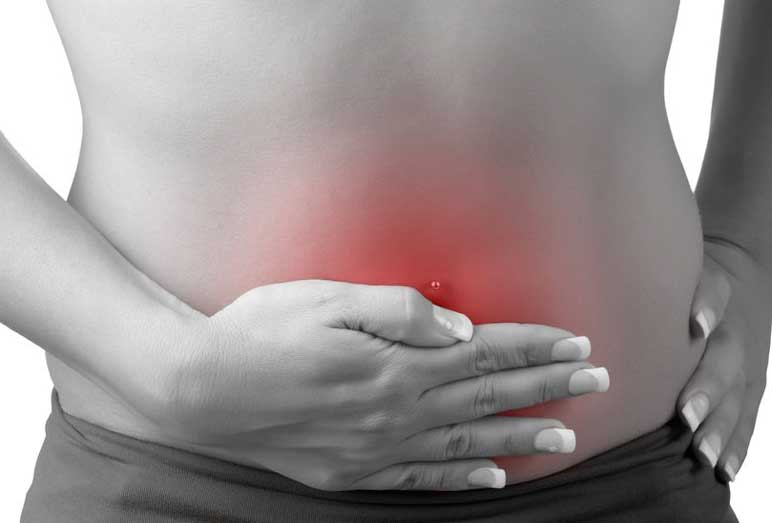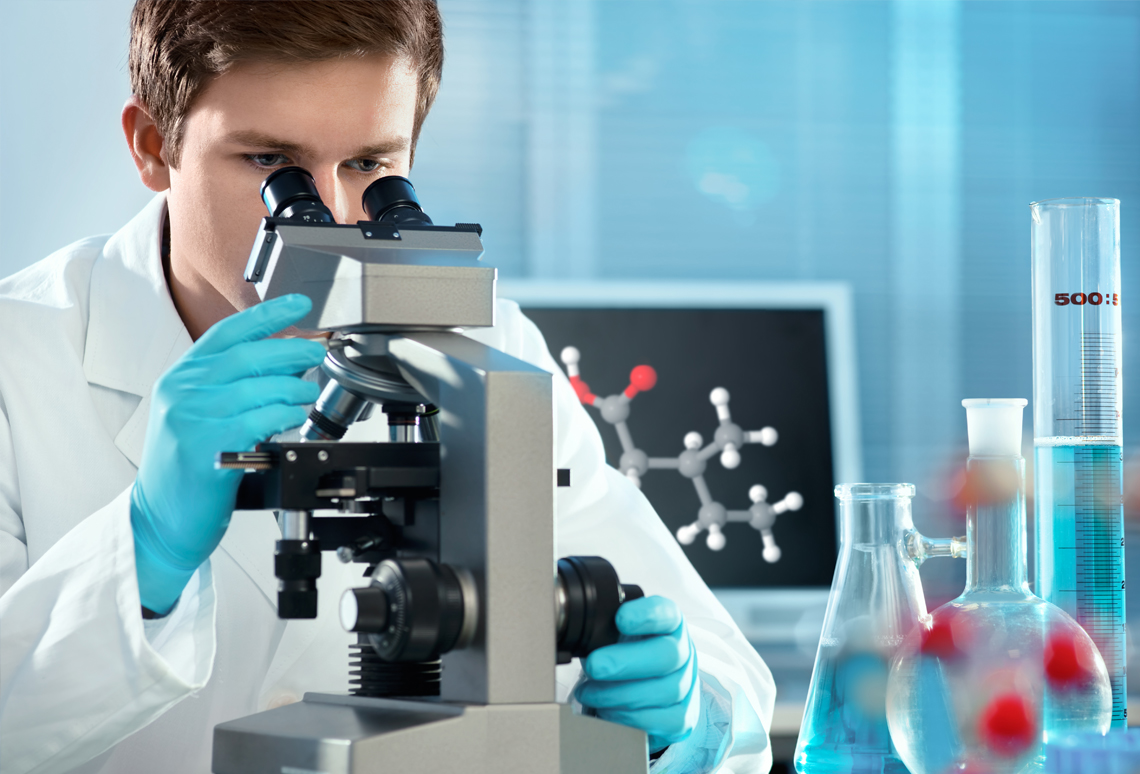
The Hypochlorhydria Epidemic And Heartburn
Find a Doctor
Hypochlorhydria, or condition of low stomach acid (hydrochloric acid), is arguably the most common GI condition in the US. It is the cause or contributing factor for almost ALL digestive related issues, including heartburn/reflux. Low stomach acid at epidemic proportions in America. You can bet your bottom dollar you have hypochlorhydria if you are on or have ever taken medication for reflux/GERD. Here are a few of the issues that arise from low stomach acid:
Symptoms of Low Stomach Acid
- Gas or burping within an hour after a meal
- Reflux/Heartburn
- Cramping or bloating within an hour after a meal
- Lack of hunger upon waking
- Currently eat vegan/vegetarian or have in the past
- Undigested food in stools
- Acne
- Chronic candida
- Chronic fatigue
- Weak, cracked, or peeling fingernails
- Multiple food allergies
- Autoimmune disease
What Is HCL and Why Is It Important?
The stomach needs a relatively high pH level to break down foods, promote adequate levels of other digestive enzymes, kill foodborne pathogens and more. Stomach acid, which is hydrochloric acid (HCL) is produced by the body to break down proteins into amino acids and other nutrients your entire body needs. It signals to the pancreas and small intestine to make digestive enzymes and bile needed to further digest carbohydrate, fat and protein from food, and it kills pathogenic bacteria and yeast from food.
Low stomach acid issues are rampant among children and likely one of the first offenders when it comes to mood, skin, developmental, neurological and behavior issues. If you’ve ever heard the adage “heal the gut; heal the brain” this is a big part of that picture. A healthy gut is the precursor to a healthy brain in both children and adults, and hypochlorhydria is a major offender when it comes to poor gut health.
The Heartburn Connection
If you go to the doctor for heartburn, your treatment will be prescribed reflux medication which completely eliminates stomach acid, therefore relieving symptoms since there is not enough stomach acid to travel to the esophagus and cause pain. A recent cohort study concluded that those who took PPI’s (proton pump inhibitors) for more than 1 year had an associated 25% increased risk of death. These medication were not designed to be used for more than 6-8 weeks but are often taken for years. They can lead to osteoporosis, nutrition deficiencies and heart disease, each of which can contribute to higher risk of death.
So what is causing the reflux? It all comes down to keeping the esophageal sphincter tightly down to prevent reflux or backflow of stomach contents into the esophagus. Poor digestion of food from too little stomach acid and enzymes slows digestion and stomach emptying. Not enough stomach acid increases intra-abdominal pressure (IAP). The pressure in the stomach then pushes against the lower esophageal sphincter causing it to not be able to keep a tight seal. Your heartburn is most likely from too little stomach acid, therefore taking stomach acid reducing medications will not work in the long run.
A Functional Medicine Approach to Low Stomach Acid
Most practitioners of alternative medicine trusts will use a combination of supplemental HCL, digestive enzymes, probiotics, and gut healing amino acids/herbs. When the GI tract is too irritated to begin increasing HCL a period of gut healing must occur in order to tolerate the supplements needed to correct the underlying deficiencies. No one element of HCL, probiotics, gut healing herbs/amino acids will likely do the job fully. Your practitioner will determine the right combination of healing supplements for you while also supporting with food options. The foods you eat can go a long way to improve and prevent hypochlorhydria. You cannot maintain adequate stomach acid levels on a diet high in processed foods, sugar, and chemicals so here are 6 ways food can help you.
- Eat slowly and chew food well
- Increase fresh, raw, organic vegetables
- Increase fermented foods
- Limit refined sugar intake
- Decrease processed, refined flours
- Consume apple cider vinegar (ACV)




